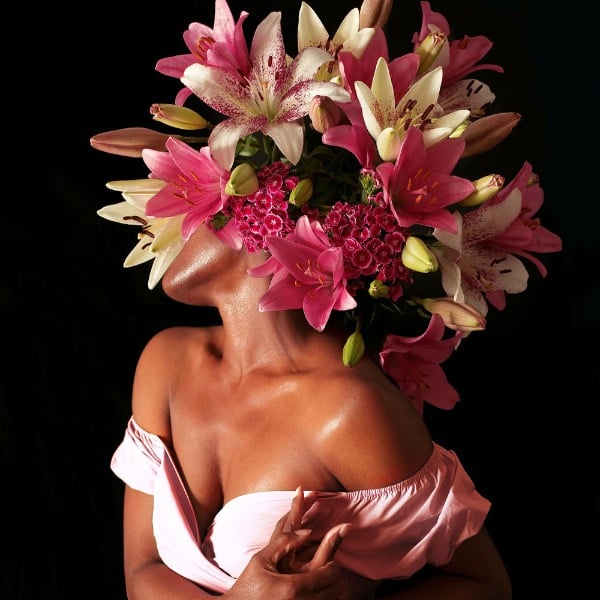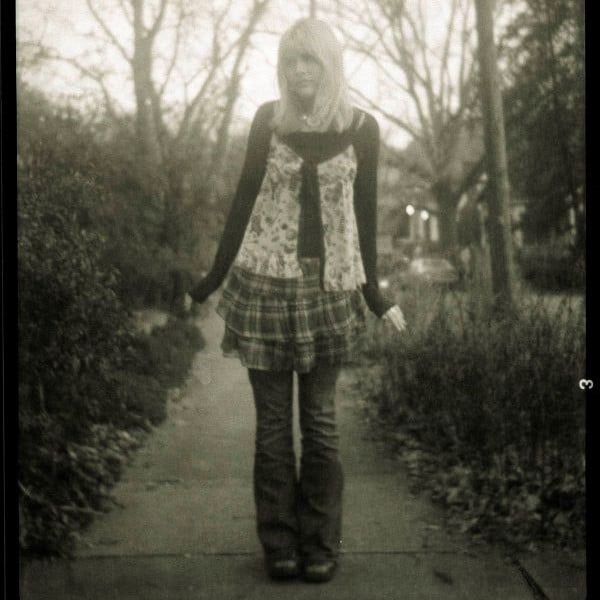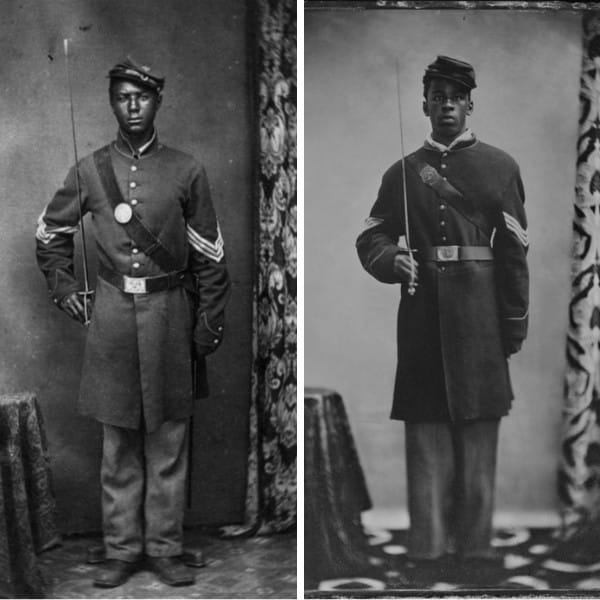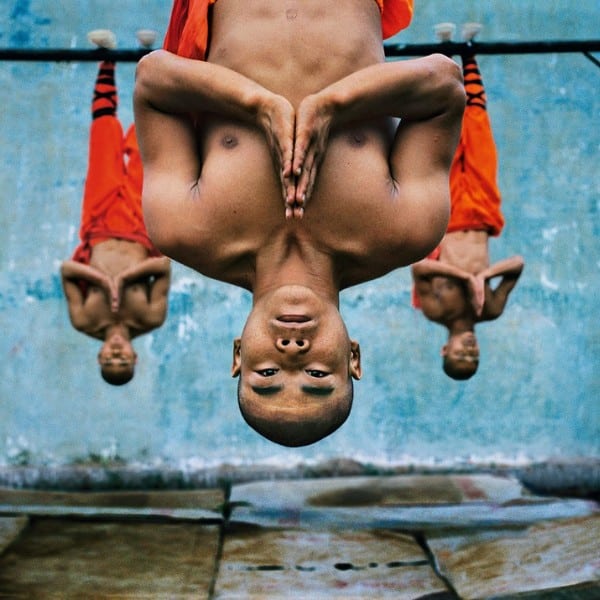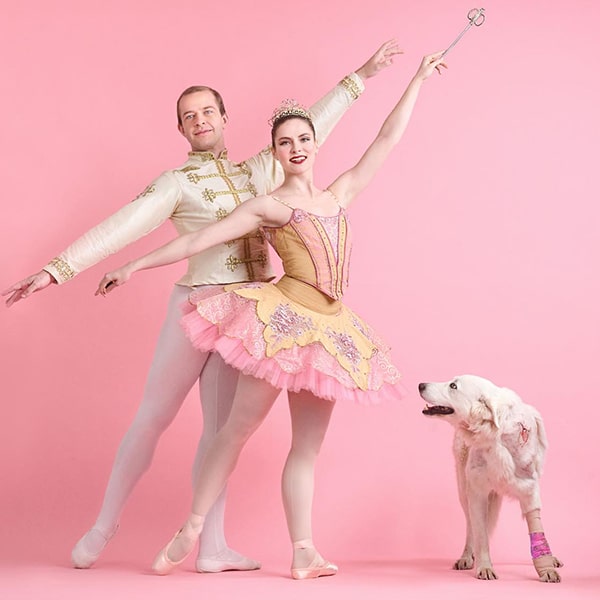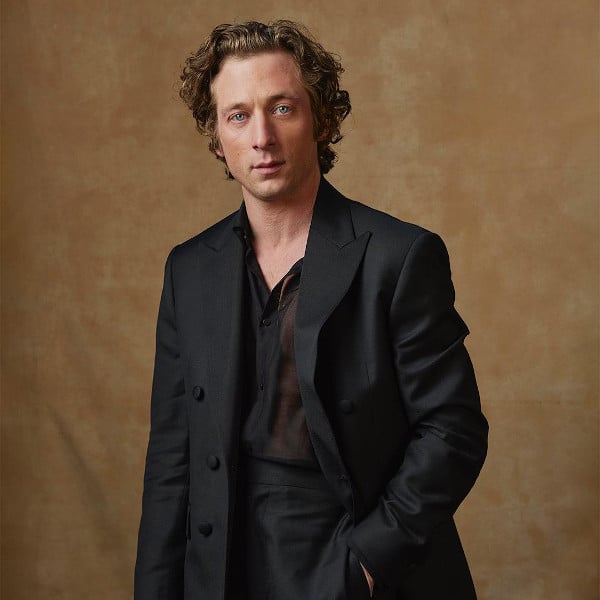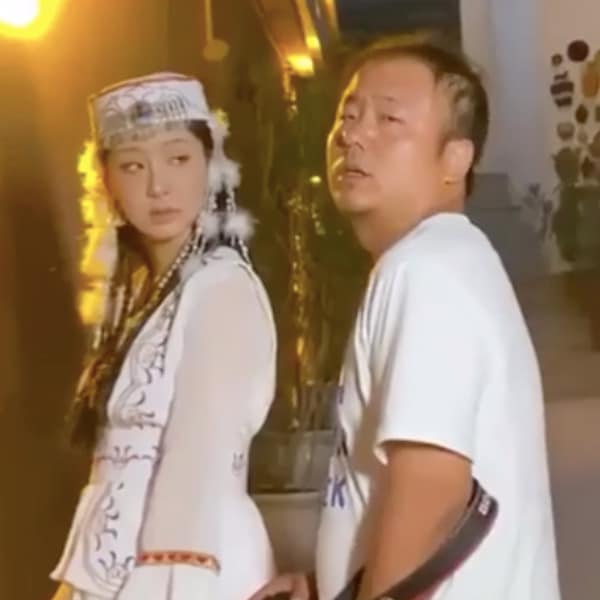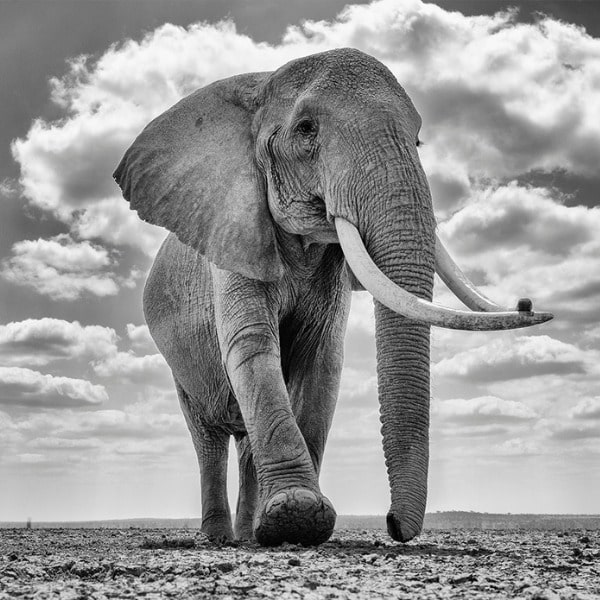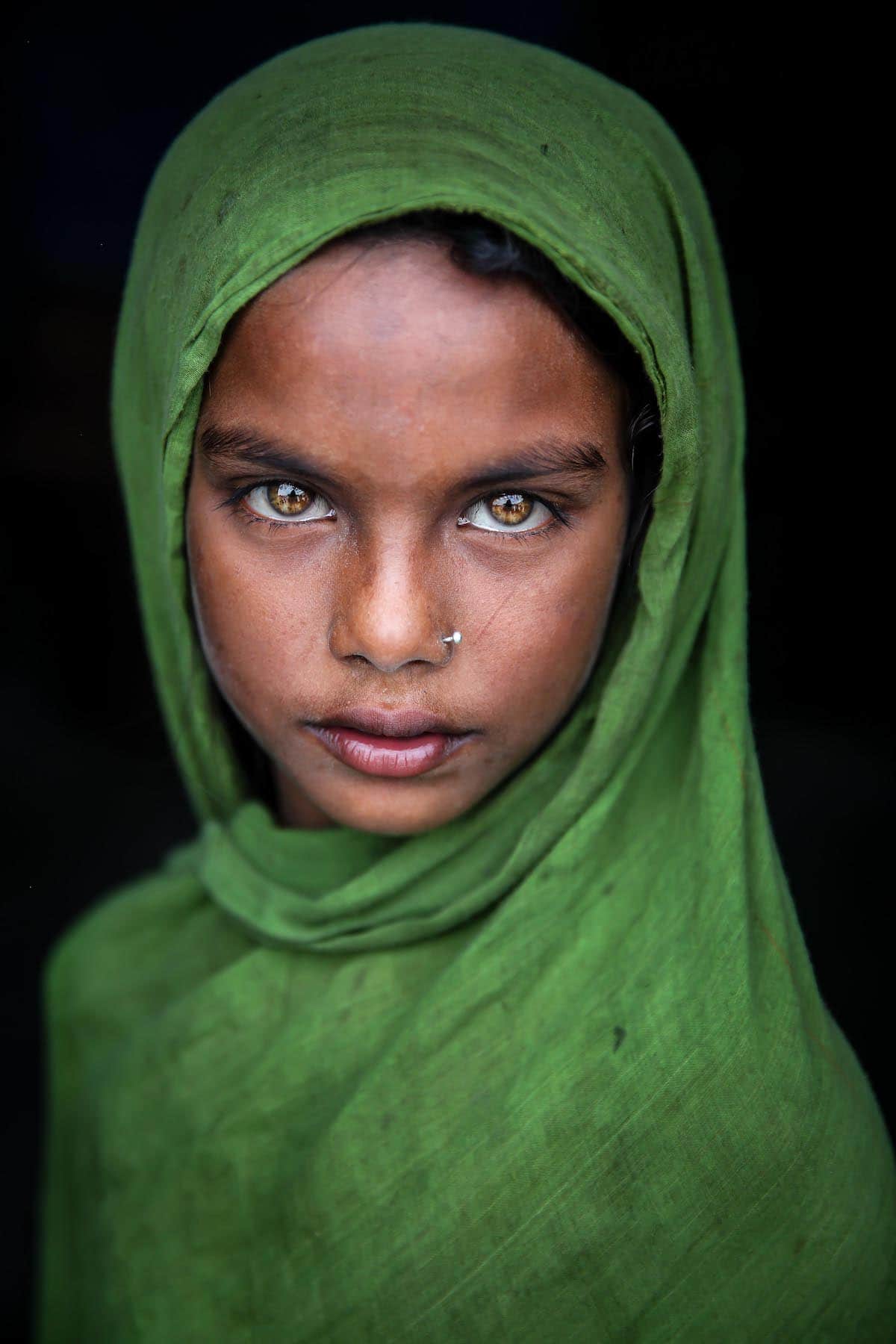
Bangladeshi photographer Mou Aysha is using her skills to spotlight the plight of street children in her country. Through moving portraits of children in Dhaka and the Bangladeshi countryside, Aysha gives a voice to those who are often unheard. Aysha, who views her photography as a humanitarian way to enact change, has cultivated a strong following on Instagram, with over 31,000 supporters.
Her portraits range from tight shots against black backgrounds to photos that show the children in their environment. Through raw emotions that produce laughter and tears, her photos are steeped in empathy for these young people who are often marginalized. As a female photographer working in Bangladesh, Aysha uses her skill and passion to guide her in an environment that is not always welcoming.
By sharing her work on social media, she has gained international recognition. When she's not continuing her personal projects, she works as an administrator at the First Light Institute of Photography and volunteers for their social and humanitarian projects.
We had a chance to speak with Aysha about her work and what inspired her to begin photographing street children in Bangladesh. Read on for our exclusive interview.
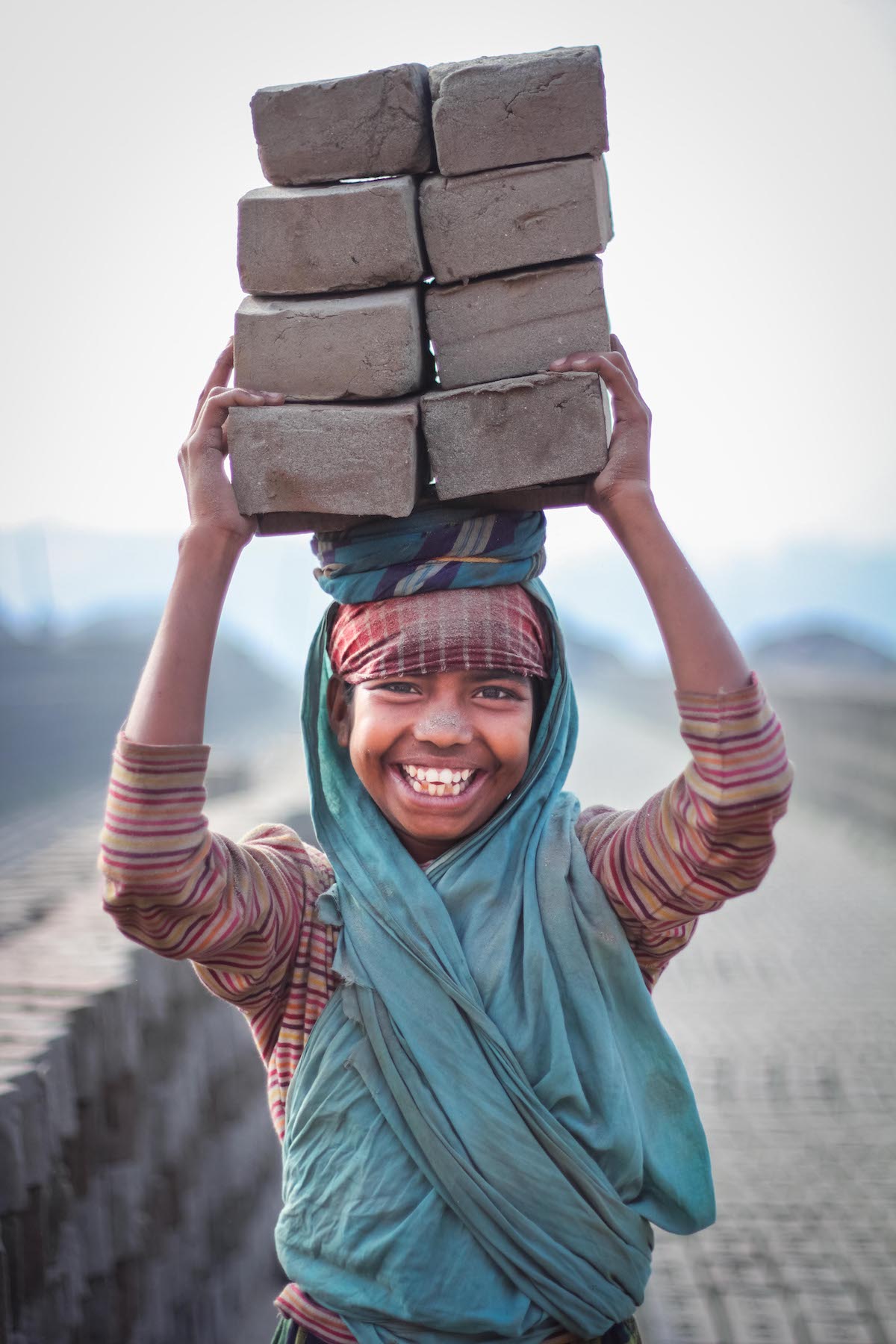
What first attracted you to photography as a creative outlet?
Since childhood, I have been fascinated with people and their faces. I grew up in the northern part of Bangladesh and from a young age, I saw a lot of people and their children from the islands. Their faces were always different from other people I had seen. They were burnt with the sun, had a lot of scratches on their faces, and their eyes were red. All those faces grabbed my attention as a child. One of my main reasons for becoming a photographer was to capture those faces and bring more light to them. I wanted to share their beautiful and unique faces with others.
I have always loved people and have always wanted to learn about them up close. People, their culture, and their experiences have always captivated me. I found out that photography gives me opportunities to go and learn about people and their life journeys.
I started photography as a passion and now I dedicate myself to capturing the best moments of life as I see and feel them. I believe that with empathy, compassion, and love, we can change the world for the better as artists. I am a positive person who sees beauty in everything.
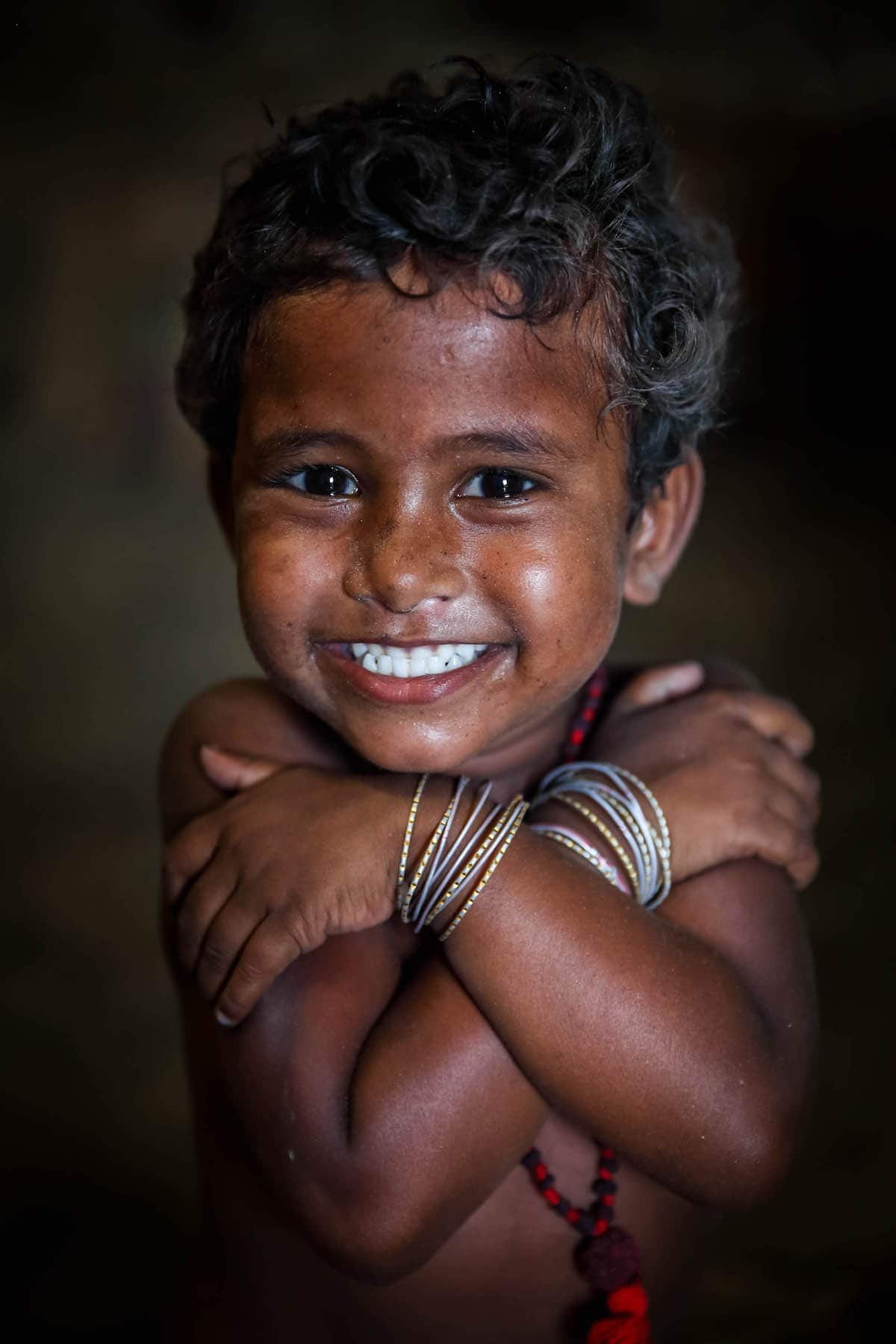
How did you begin taking portraits of children and what do you try to express with their pictures?
I basically take portraits of children who are marginalized, living on the outskirts of society. I have a special affection for children's portraits and, therefore, have produced an extensive series of them. Genuine smiles, emotions, and children's stories attract me the most.
These peripheral groups of children go through very difficult times, but still, they manage to smile and persevere. To me, they seem like heroes.
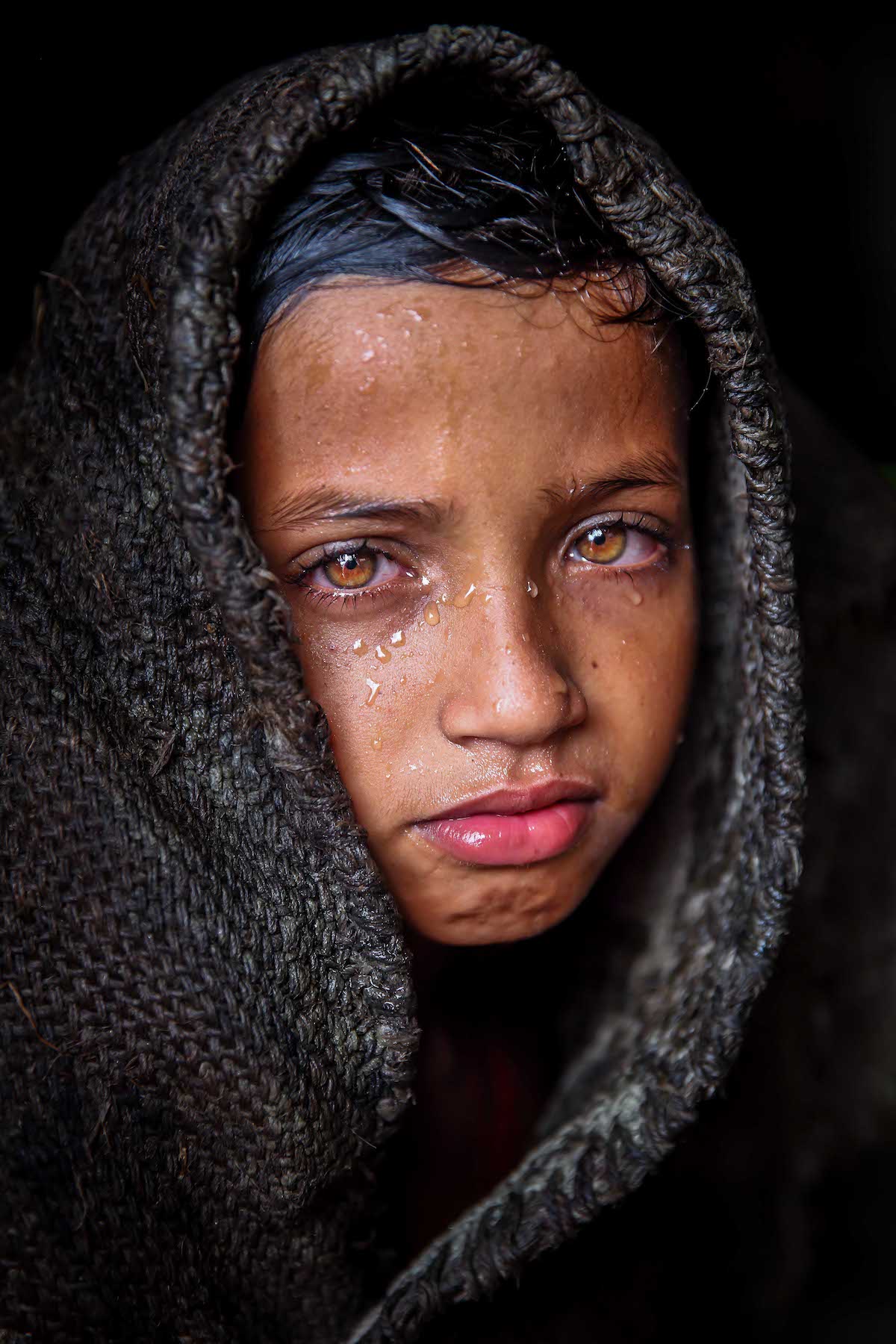
What is the most challenging part of taking these portraits and working with the children?
To work with children, you have to be like them. You need a lot of patience and to wait a long time to make a connection with them so they don't become afraid of your camera. Only then will you get their genuine expressions in your photos.
Furthermore, as a woman it is always difficult here, in Bangladesh, to go out or travel in some places alone to take photos. I feel unsafe sometimes and I become afraid. This is one of the biggest challenges I am working on.
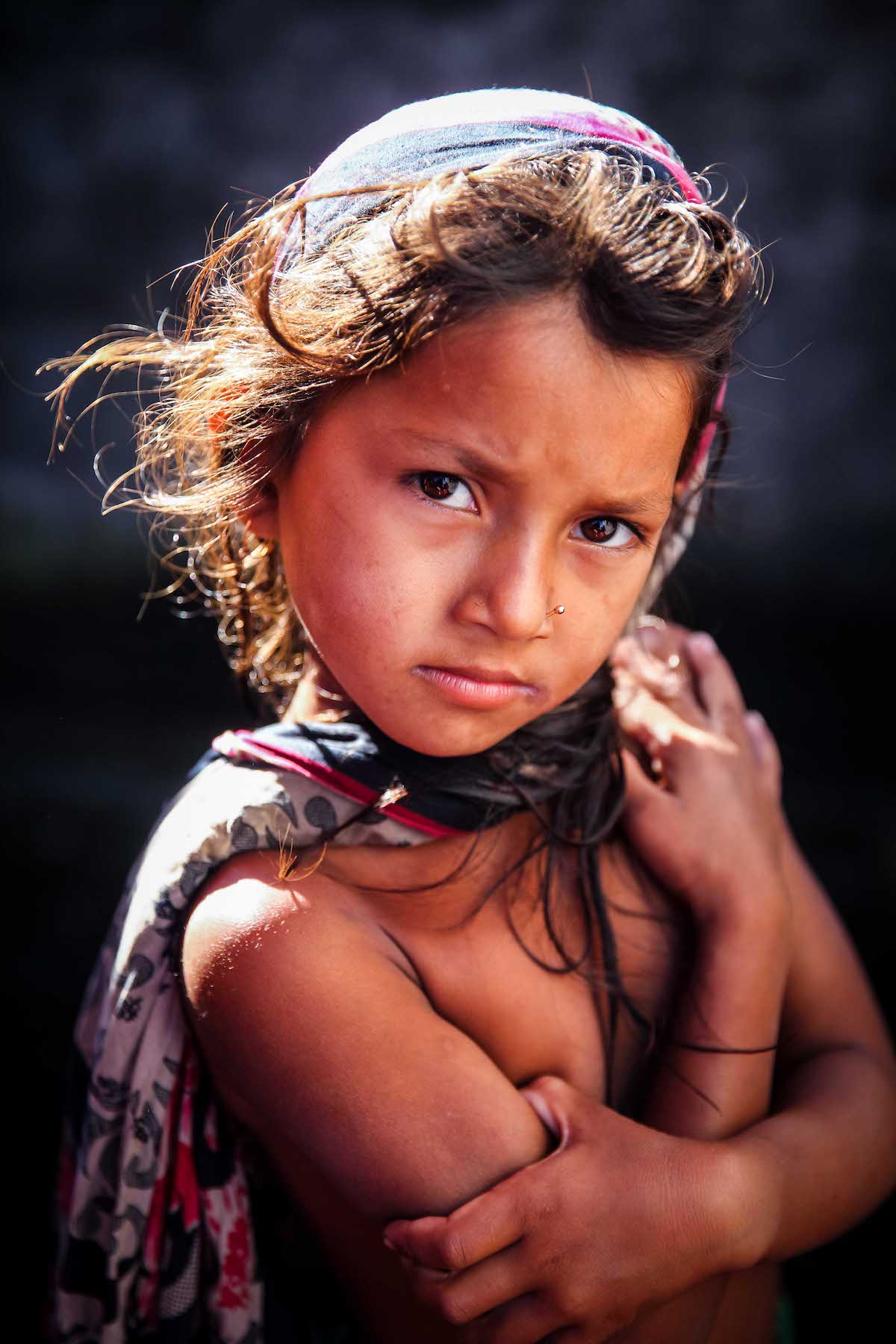
How do you meet most of your subjects?
Every person I meet is like a new experience. I don't just go to a place and take photos and leave. Before every single photo I take, I spend a good amount of time with the people. I try to get as close as possible to them. I try to become one of them or at least be accepted in their presence. Only after that do I start taking photos. Sometimes it takes the entire day for one portrait. But spending time with these soulful, beautiful people is the most valuable experience I cherish.
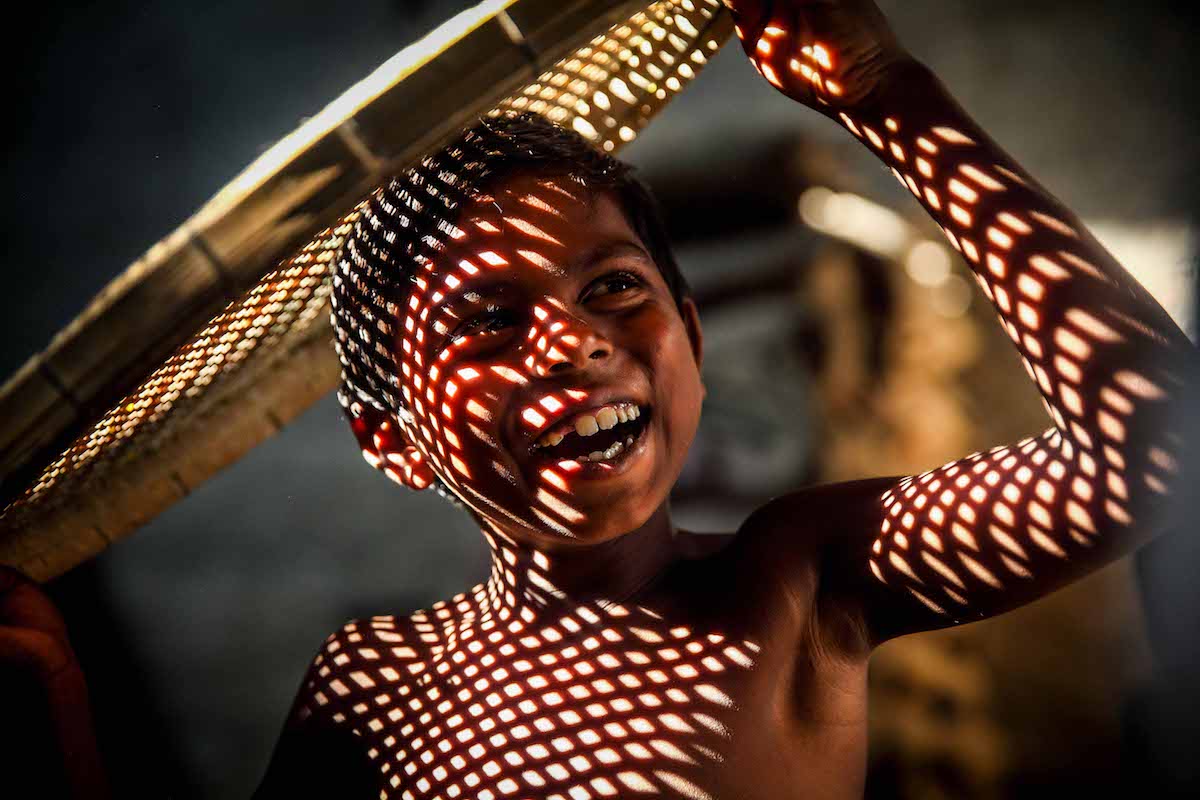
What is the biggest lesson you have personally learned through this project?
Photography changed my life. Because of photography, I travel intensely around my country which has helped me to meet some incredible people from different cultures and backgrounds. Their life experiences changed my views on life itself. I have learned that simplicity is the key to a satisfying life.
These people make me understand how beautiful life is and how easily we can help each other. I always want to do something for them rather than only taking their photos. They are more important to me than my photos.
Emotionally I become more involved with people I do not even know because my experiences have taught me empathy. I can see my personal evolution because of photography.
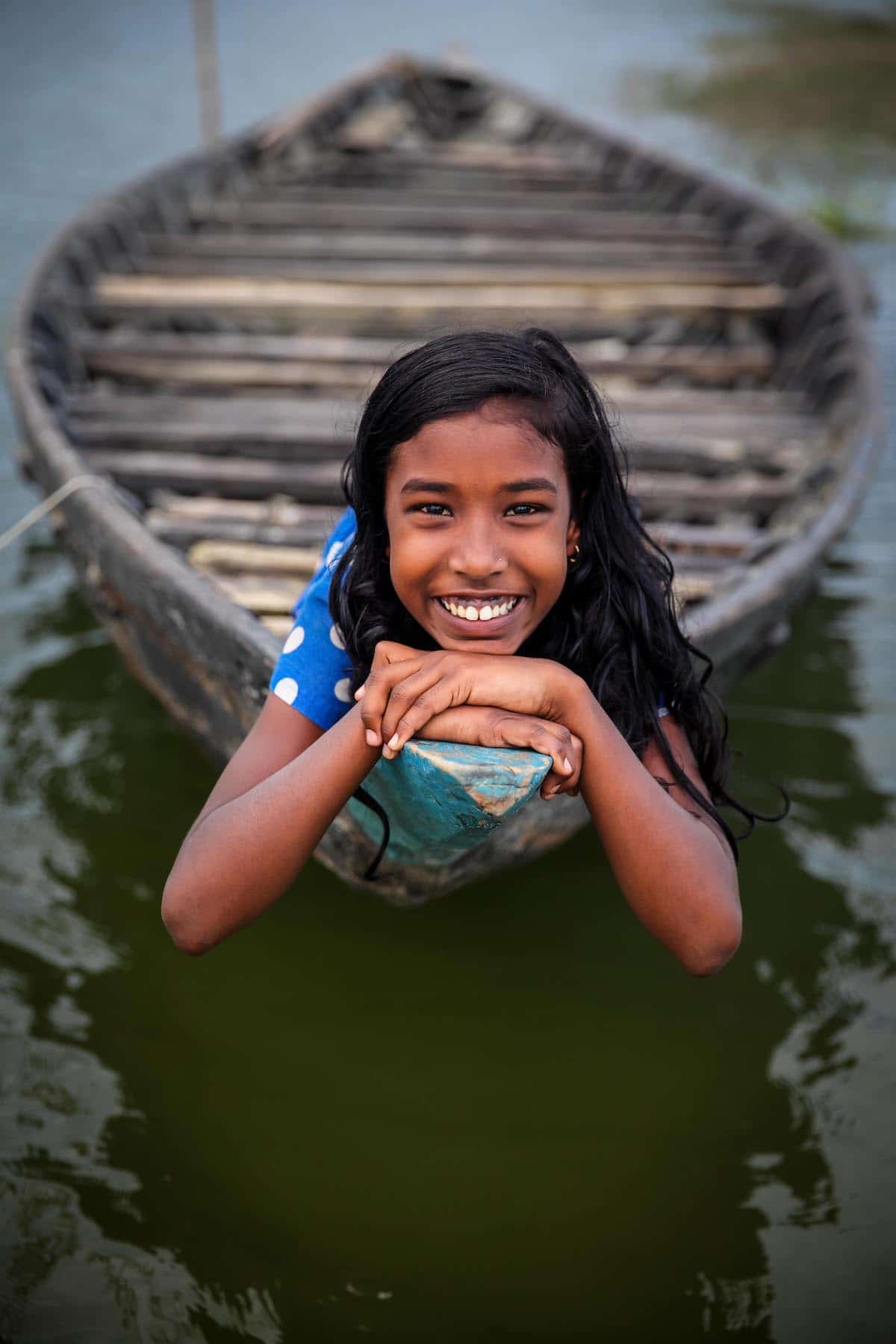
How do you use Instagram as a tool to let more people know about your photography?
Social media is very important. Because of social media or simply via the internet, artists do not need to go through brokers to exhibit their work. Social media such as Instagram is where you can get genuine reactions from your audience who are especially interested in images. My aim is always to show my images: the faces in front of the stories that motivate me so much.
Every face I encounter inspires me to meet another person and social media has given me the opportunity to share those incredible faces, their lives and their stories with a larger audience. I never like to keep my projects or works secret for submitting to competitions or exhibitions as some artists do. I want to share all of my passion and the messages of the people I photograph with as many people as possible. This has been greatly enabled by Instagram and social media.
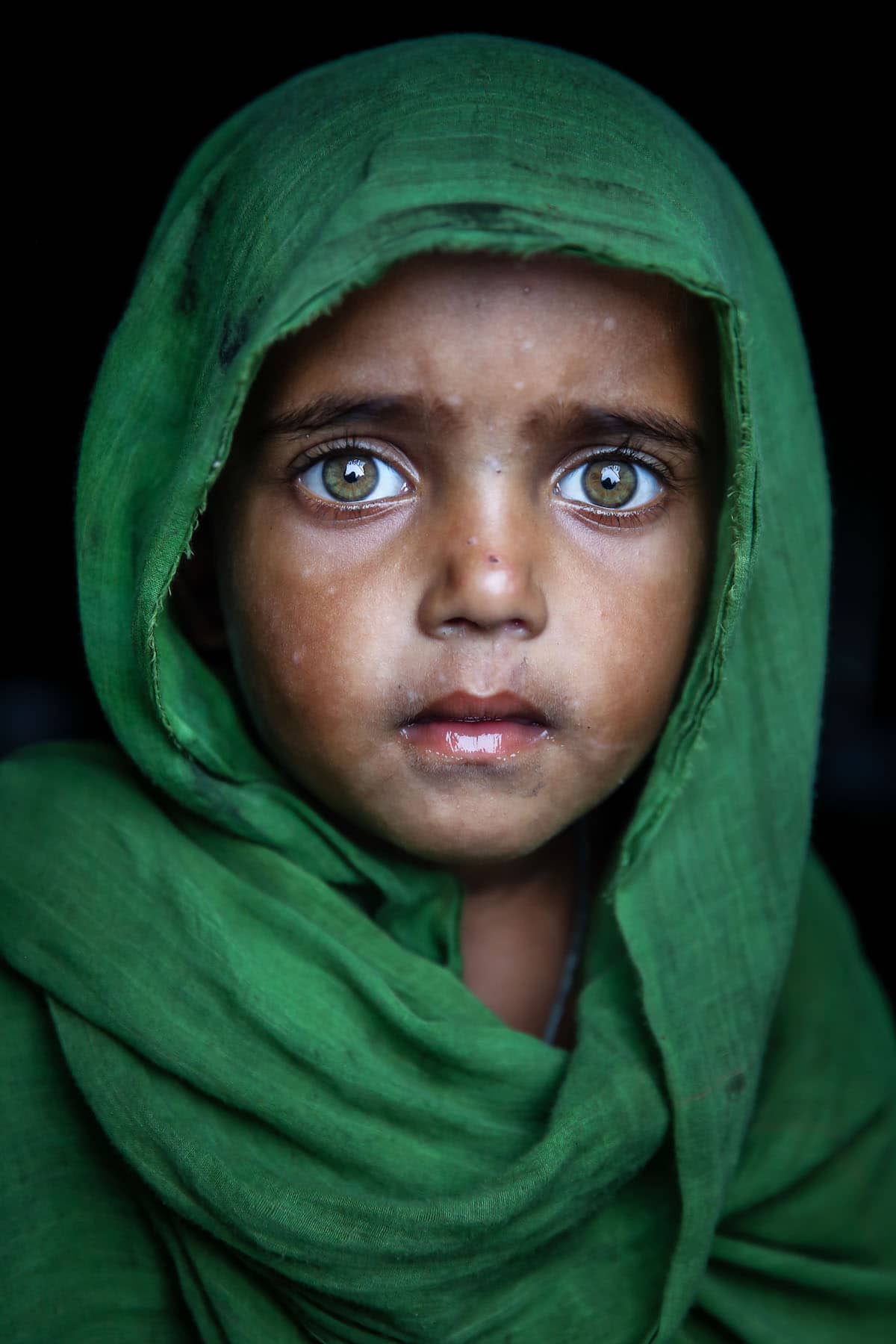
What do you hope the public learns through looking at your photographs?
The work I have been doing has opened my eyes to all the little pleasures in life that people experience regardless of their hardships. Furthermore, I have encountered the determination of these children and adults that I want to share with my viewers so they also know that anything is possible with perseverance. I hope people will learn that we should always love our lives and we should learn how to be happy in every situation and never give up on our dreams.
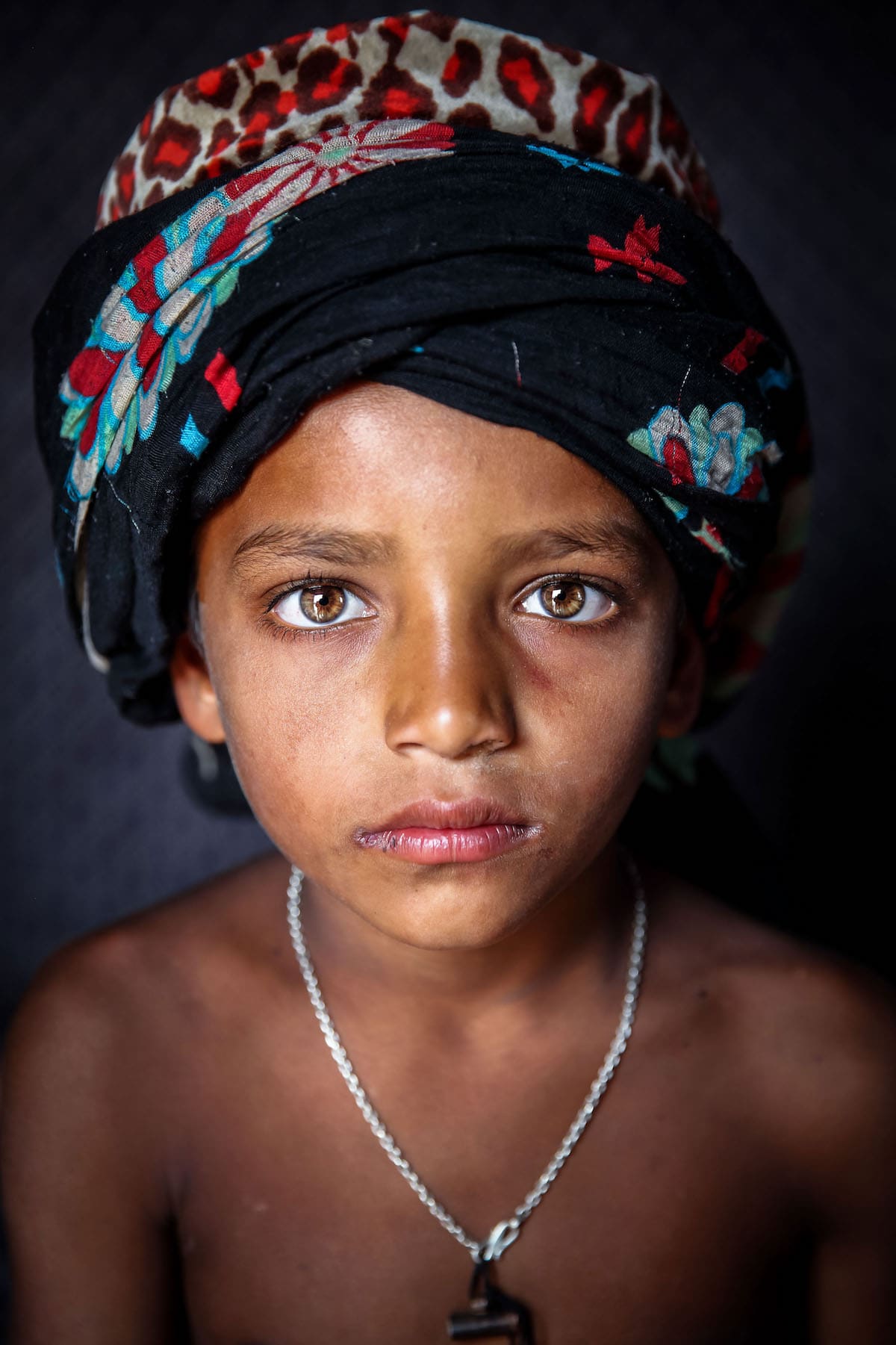
What's next for you?
I intend to be travel more to be able to grow as a person and become more sensitive as an artist to capture the beauty of different people and places.
I want to travel to every single place in Bangladesh and take photos of all the beautiful souls I will encounter.
Every day is a gift to me and I want to live my life fully. I want to do something for society and my people. In five years I want to publish my book with the best portraits that I have taken. I also want to do something for the people I photograph.











































































